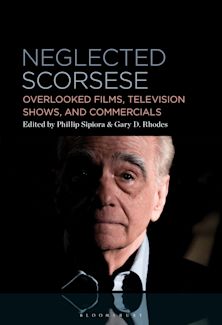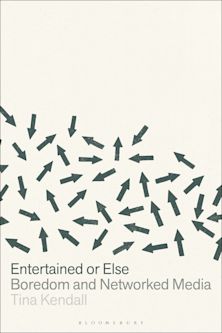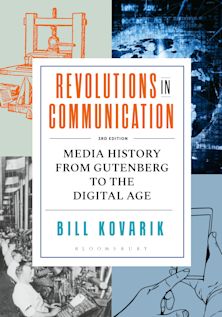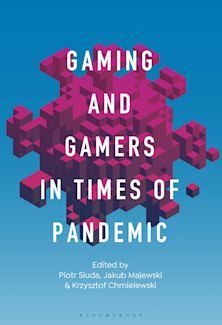- Home
- ACADEMIC
- Film & Media
- Media History
- Empathy Machines
Empathy Machines
This American Life, Podcasting, and the Public Radio Structure of Feeling
Empathy Machines
This American Life, Podcasting, and the Public Radio Structure of Feeling
You must sign in to add this item to your wishlist. Please sign in or create an account
Description
The first book-length treatment of This American Life, Empathy Machines contextualizes the influential show within the history of radio, looking back to radio's golden era and the para-social connections that it encouraged, as well as the formation of NPR in the 1960s and the “Great Society Liberalism” that guided its programming and approach to the audience.
Empathy Machines identifies This American Life as a central cultural institution in the evolution of empathy as a “liberal feeling” central to podcast storytelling and the neoliberal era in which it developed. This American Life revitalized the public radio traditions of investigative journalism and sonically inventive audio production. An early adopter of podcasting as a time-shifted delivery mechanism for its broadcast content, the program also ushered in appointment listening, a key innovation and disruption in the emerging chaotic attention economy of the 21st century. Empathy Machines centers This American Life as a model for prioritizing empathy as an affective and ideological
strategy for feeling liberal as liberal democracy's precarious balance of opposites began to fracture into hypercapitalism, atavistic ethnonationalism, and new identity politics.
Table of Contents
1. A Feeling Medium
2. Voracious Voyagers: NPR Listens
3. Feeling Playful: This American Life and Narrative Enchantment
4. Feeling American: This American Life Goes to War
5. Feeling Flush – Planet Money and The American Dream
6. Fellow Feeling: This American Life and the Gendered Voice
7. Feeling Uncomfortable: The Politics and Aesthetics of Cringe
Conclusion: Maybe It's a Feeling? How This American Life Long Endured
Index
Product details

| Published | 22 Jan 2026 |
|---|---|
| Format | Ebook (PDF) |
| Edition | 1st |
| Extent | 352 |
| ISBN | 9798765111703 |
| Imprint | Bloomsbury Academic |
| Illustrations | 1 bw illus |
| Series | Bloomsbury Podcast Studies |
| Publisher | Bloomsbury Publishing |
About the contributors
Reviews
-
This book is an astonishing piece of scholarship – ambitious, erudite, insightful, and brilliantly readable. Jason Loviglio has surely produced the definitive study of This American Life; but more than that, his overarching analysis of how affect plays out across a century of public radio and transmedia shows should make Empathy Machines a standard reference work for anyone interested in the power of media in politics and everyday life.
Kate Lacey, Professor of Media History and Theory, University of Sussex, UK
-
Empathy Machines is a smart, perceptive, and revealing account of how NPR, and especially This American Life, developed pioneering audio strategies that created an empathetic mode of address now widely imitated in the exploding universe of podcasts. With a vocal style that was more conversational, public radio broadcasts evoked feelings of intimacy and openness that produced compelling “structures of feeling” to which audiences powerfully responded. The enormous popularity of podcasts, Loviglio suggests, rests in part on these audio innovations. Highly revealing and a book very much of the moment.
Susan J. Douglas, Catherine Neafie Kellogg Professor, University of Michigan, USA, and author of Listening In: Radio and the American Imagination (1999)
-
In the first book-length analysis of This American Life, Loviglio explores how this innovative and influential public radio program has carved out a space of affect and empathy in an increasingly fractured, individualistic world.
John L. Sullivan, Professor of Media and Communication, Muhlenberg College, USA

ONLINE RESOURCES
Bloomsbury Collections
This book is available on Bloomsbury Collections where your library has access.



































